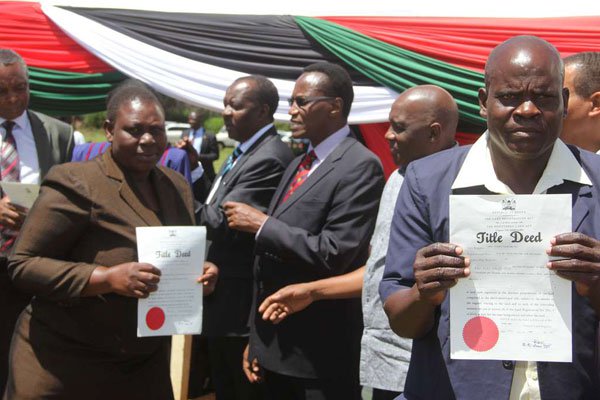Land in Africa: market asset or secure livelihood?
This document summarises the proceedings from a conference organised by International Institute for Environment and Development (IIED) , Natural Resource insitute (NRI) and the Royal African Society in November 2004.The conference brought together a wide range of interest groups including, African policy makers, academics and civil society representatives, as well as representatives of the private sector and international agencies, to debate the way ahead for land rights and land reforms in Africa.



